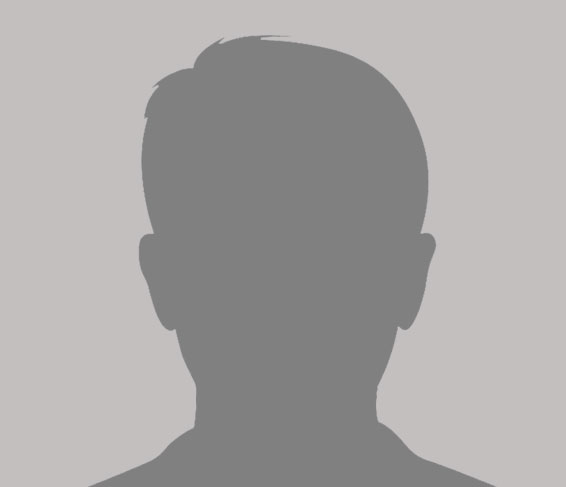

Darren Orbach, MD, PhD
- Chief, Neurointerventional Radiology, Boston Children's Hospital
- Co-Director, Cerebrovascular Surgery and Interventions Center, Boston Children's Hospital
- Associate Professor of Radiology, Harvard Medical School
Appointment Phone
- 888-733-4662 (New Pediatric Patients)
- 617-632-3270 (Established Pediatric Patients)
Fax
- 617-730-7636
General
Treatment Centers
Discipline
Clinical Interests
Arteriovenous Fistulas (AVFs) of the brain and spine, Arteriovenous malformation (AVM) of the brain and spine, Neurointerventional radiology, Neuroradiology, Neurovascular imaging, Vascular anomalies, Vein of Galen Malformations
Location
Background
Board Certifications
Fellowship
Residency
Internships
Medical School
Biography
My long-standing interests in both treating patients and studying brain function led me to pursue an MD/PhD at Cornell and Rockefeller University. At Cornell, I discovered the field of neurointerventional radiology, and was lucky enough to be accepted to a unique residency and fellowship program at New York University that provided cross-training in the various specialties that contribute to the treatment of cerebrovascular conditions by image-guided therapy. As a physician and scientist, I continue to be motivated by these two parallel drives. On the one hand, there is nothing like the gratification that comes from having an infant patient, who faced a critical condition and underwent successful treatment, walk into my office years later as a healthy school-age child or teenager. Additionally, the conditions we treat are so rare and tools we use so new, that we are often working in uncharted territory and creating novel treatment strategies. Working through that as a care team with my colleagues and with the parents is exhilarating. At the same time, I am passionate about research into brain function and am working on developing new tools to enable us to visualize brain activity at high resolution. We are entering an age where imaging tools can begin to help answer some of the most subtle and complex questions how the brain encodes information, how it generates and recalls feelings, and how it makes us who we are.

 Translate
Translate 